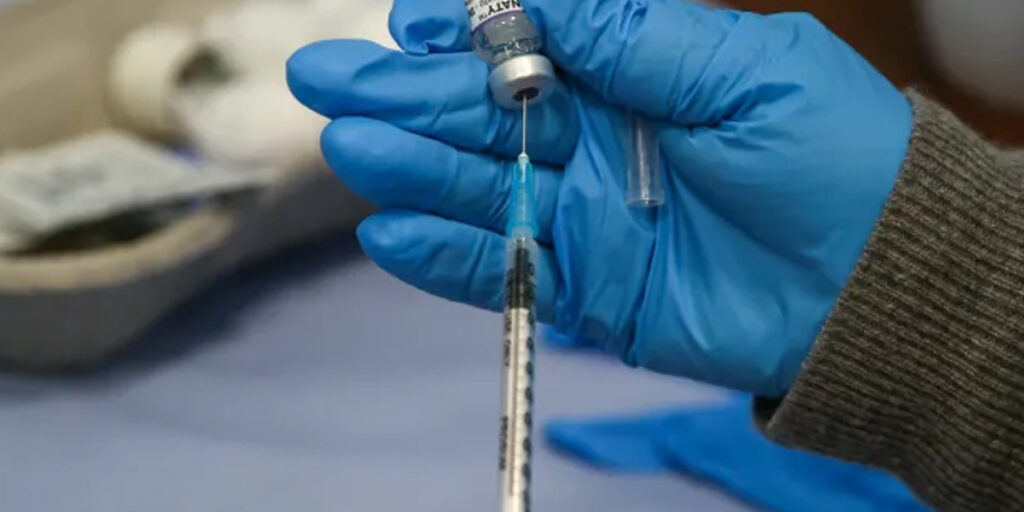Millions Lose Access to Free Autumn Covid Jab Nearly 13 million fewer people will be eligible for a free Autumn Covid booster this year, raising concerns among scientists that the UK could be heading for a fresh wave of infections.
The Government confirmed that pensioners aged 65 to 74 will no longer receive the free jab, affecting around six million people – just over half of whom took up the offer last Autumn. An additional 6.9 million people in “clinical risk” groups, such as pregnant women and those with chronic heart or liver disease, will also be excluded for the first time. Only 23% of this group received the booster last year.
One million immunosuppressed individuals will remain eligible, along with everyone aged 75 and over, residents in care homes, and immunosuppressed people aged six months and above.
According to UK Health Security Agency (UKHSA) data analysed by Independent Sage data scientist Bob Hawkins, the number of people eligible for a free booster will drop from 19.7 million last year to 6.8 million this season – a 65% decrease.
Scientists warn of higher Covid risk this autumn
The changes come as the highly contagious XFG, or “Stratus”, variant now accounts for the majority of infections in the UK. With immunity from previous infections and vaccinations waning, experts warn that a rise in cases is likely when children return to school and cooler weather pushes people indoors.
Professor Lawrence Young, a virologist at Warwick University, called the decision “shortsighted,” saying it ignores the risk of infections spreading in the general population and the potential emergence of more dangerous variants. He urged the Government to extend free boosters to everyone over 65 and to NHS and care workers.
Simon Williams, a public health expert at Swansea University, said that dropping millions from eligibility increases the risk of a surge similar to “Covid summer waves” seen in other countries.
Hospital data signals potential rise in cases
UKHSA figures show that, in the week to August 1, the proportion of hospital patients in England testing positive for Covid rose by 17% to 7.3%. While this measure does not directly reflect wider community spread, scientists consider it the best available indicator outside of active population surveillance.
Rates remain well below last year’s peak of 14.7% in October, but experts caution that they could rise sharply later in the year.
Government defends decision
The Department of Health and Social Care said the policy follows expert advice from the Joint Committee on Vaccination and Immunisation (JCVI) and is designed to protect those at the highest risk of severe illness.
The start date for this year’s Autumn booster campaign has not yet been confirmed, though last year it began on October 3.


